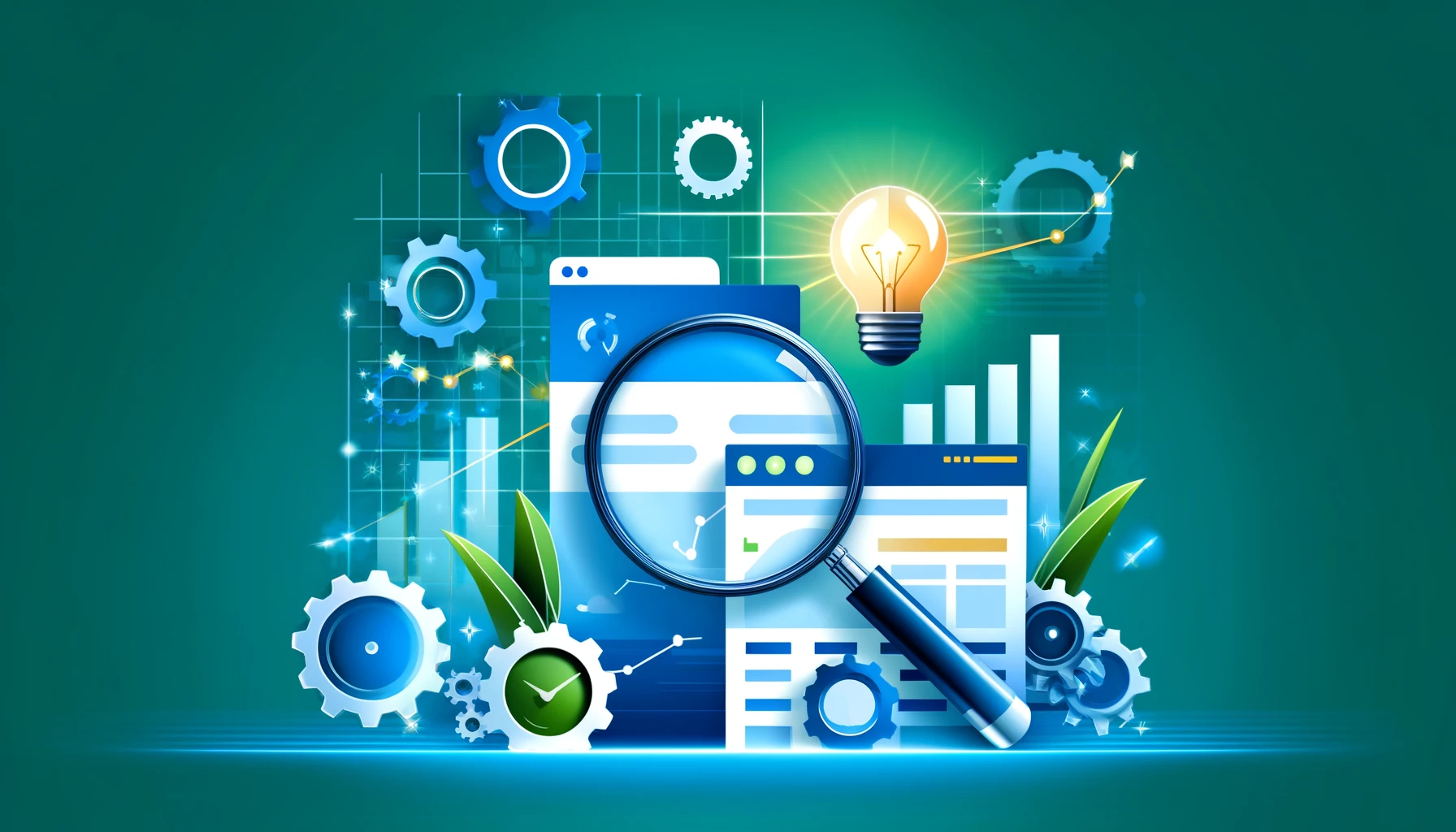As artificial intelligence (AI) becomes more sophisticated, the ability to extract meaningful insights from vast…

Is SEO Dead in 2025 Because of AI?
Artificial Intelligence (AI) has emerged as a game-changer, driving significant advancements in various fields, including search engine optimization (SEO). As we move closer to 2025, a pressing question arises: Is SEO dead because of AI? This article aims to provoke thought and provide an analysis of the future of SEO in an AI-driven world.
The Evolution of SEO
A Brief History
SEO has come a long way since the early days of keyword stuffing and backlink spamming. Initially, search engines relied heavily on keyword frequency and basic algorithms to rank websites. Over time, as search engines like Google became more sophisticated, SEO evolved into a complex, multifaceted discipline. Modern SEO encompasses on-page and off-page optimization, technical SEO, content quality, user experience, and mobile-friendliness.
Current State of SEO
Today, SEO is a dynamic field that requires a deep understanding of search engine algorithms, user intent, and digital marketing strategies. It involves optimizing websites for both search engines and users, ensuring content is relevant, authoritative, and accessible. Tools and technologies have also advanced, offering SEOs deeper insights and more effective ways to enhance their strategies.
The Rise of AI in Digital Marketing
AI and Content Creation
AI has made significant strides in content creation. Tools like OpenAI’s GPT-3 can generate high-quality content that mimics human writing. This technology has been a boon for marketers, enabling them to produce content at scale and with greater efficiency. However, AI-generated content also raises questions about originality and authenticity.
AI and Search Algorithms
Search engines have increasingly integrated AI and machine learning into their algorithms. Google’s RankBrain and BERT are prime examples of how AI is used to understand user queries better and deliver more relevant search results. These advancements have improved the accuracy of search results, making it harder for traditional SEO tactics to manipulate rankings.
Is SEO Dead in 2025?
Myth vs. Reality
The idea that SEO is dead because of AI is a myth. While AI has transformed SEO, it has not rendered it obsolete. Instead, AI has necessitated an evolution in SEO practices. Here’s why SEO is very much alive and relevant in 2025:
- User Intent and Experience: AI helps search engines understand user intent more accurately. This means SEOs must focus on creating high-quality, user-centric content that meets the needs and expectations of their audience.
- Technical SEO: AI-driven search algorithms still require well-structured, technically sound websites. Technical SEO, including site speed, mobile optimization, and schema markup, remains crucial for visibility in search results.
- Content Quality and Relevance: While AI can generate content, human oversight is essential to ensure the content is relevant, accurate, and engaging. SEO professionals play a vital role in aligning AI-generated content with brand voice and audience expectations.
- Local SEO: Local search optimization continues to be vital for businesses targeting specific geographic areas. AI enhances local search results, but the fundamentals of local SEO, such as Google My Business optimization and local link building, remain unchanged.
Adaptation and Integration
The future of SEO lies in adapting to and integrating AI technologies. SEOs need to embrace AI tools to enhance their strategies, from keyword research and content creation to performance analysis. By leveraging AI, businesses can stay ahead of the competition and meet the evolving demands of search engines and users.
The Benefits of AI-Enhanced SEO
Efficiency and Scalability
AI can automate repetitive tasks, such as keyword research, data analysis, and content generation. This automation allows SEO professionals to focus on strategic planning and creative endeavors, increasing efficiency and scalability.
Personalization and User Engagement
AI enables personalized content recommendations and user experiences. By analyzing user behavior and preferences, AI can help businesses deliver more relevant and engaging content, improving user satisfaction and retention.
Data-Driven Insights
AI-powered tools provide deeper insights into SEO performance and user behavior. These insights enable businesses to make informed decisions, optimize their strategies, and achieve better results.
Challenges and Considerations
Ethical Concerns
AI in SEO raises ethical concerns, particularly regarding data privacy and the potential for bias in AI algorithms. Businesses must navigate these challenges responsibly, ensuring transparency and fairness in their practices.
Dependence on Technology
Over-reliance on AI tools can be risky. While AI enhances SEO efforts, human expertise and creativity are irreplaceable. Businesses must strike a balance between leveraging AI and maintaining human oversight.
Constant Evolution
The SEO landscape will continue to evolve as AI advances. Staying updated with the latest trends, technologies, and best practices is essential for businesses to remain competitive.



